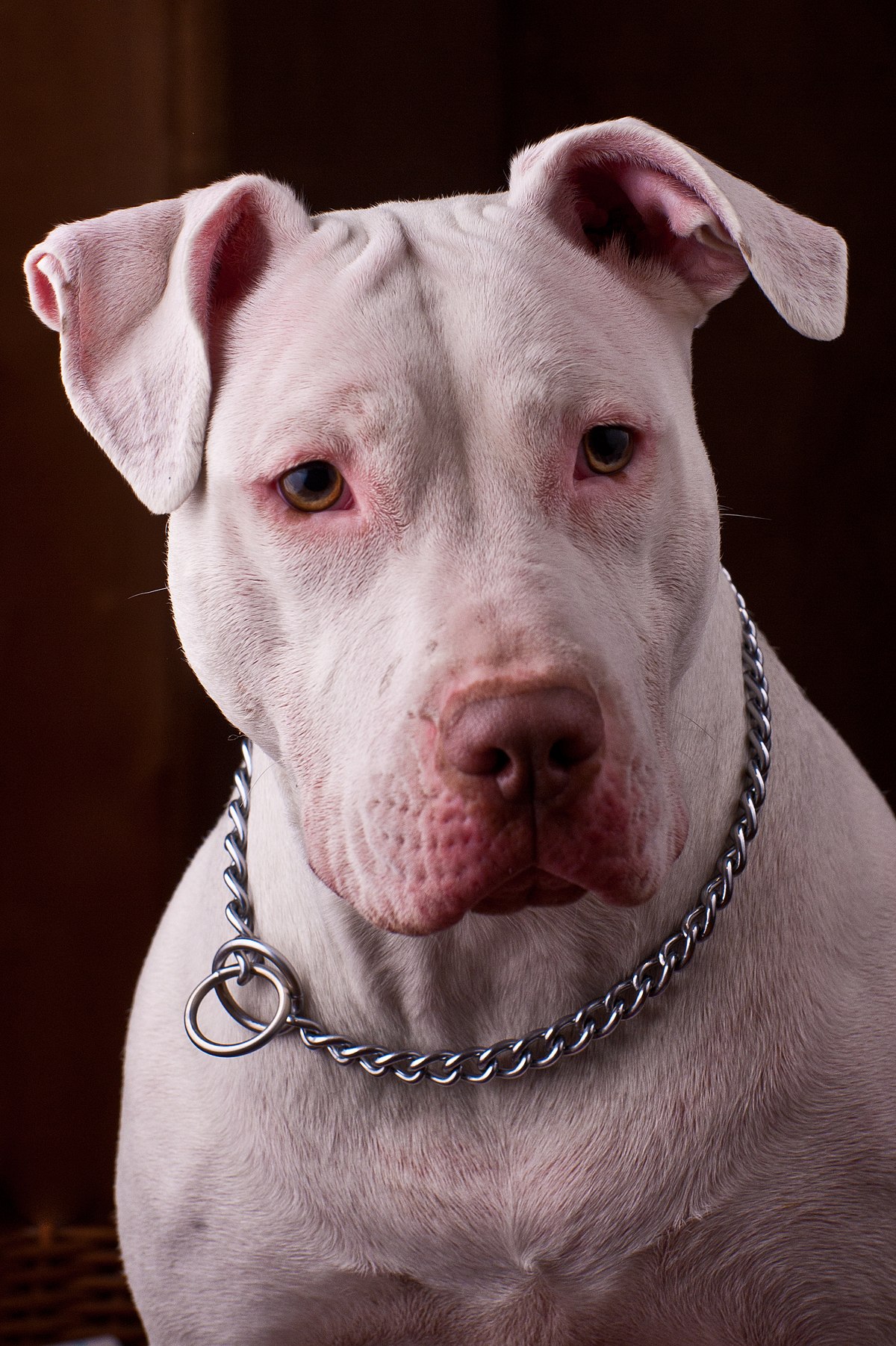Pitbull: Understanding The Breed, Care, And Characteristics
Pitbulls are often misunderstood and misrepresented, yet they are one of the most loyal and affectionate dog breeds. As a breed that has been around for centuries, pitbulls have a rich history and a complex personality that deserves attention. In this article, we will delve into the characteristics of pitbulls, their care requirements, and why they make excellent companions for the right owners.
Throughout this article, we will explore the various aspects of pitbulls, including their temperament, training needs, and health considerations. Whether you are a prospective owner or simply curious about this breed, understanding pitbulls is essential to dispel the myths surrounding them.
Join us as we uncover the truth about pitbulls, equipping you with knowledge that can help you appreciate these remarkable dogs. With proper care and training, pitbulls can thrive in a loving home environment, showcasing their true potential as loyal family pets.
Table of Contents
- History of Pitbulls
- Physical and Temperamental Characteristics
- Caring for Your Pitbull
- Training Your Pitbull
- Health Considerations
- Common Misconceptions About Pitbulls
- Adopting a Pitbull
- Conclusion
History of Pitbulls
Pitbulls originated from a mix of bulldogs and terriers, primarily bred for bull-baiting and later for farm work. Their history is not without controversy, as they were often used in inhumane activities. However, it is crucial to understand that the breed's temperament is shaped largely by their upbringing and training.
Today, pitbulls are recognized for their strength, intelligence, and loyalty. They have emerged from their past as fighting dogs to become beloved family pets. Understanding their history can help potential owners make informed decisions about bringing a pitbull into their home.
Key Historical Points
- Bred in the 19th century for bull-baiting.
- Transitioned to farm work and family pets in the early 20th century.
- Controversial reputation due to dog fighting associations.
Physical and Temperamental Characteristics
Pitbulls are known for their muscular build and distinctive appearance. They have a short coat that comes in various colors and patterns. Understanding their physical characteristics can help in identifying a healthy pitbull.
Physical Traits
- Height: 17 to 21 inches
- Weight: 30 to 85 pounds
- Coat: Short, smooth, and comes in various colors
Temperamental Traits
- Loyal and protective of their family
- Intelligent and eager to please
- Can be friendly with children and other pets when socialized properly
Caring for Your Pitbull
Caring for a pitbull involves understanding their specific needs. Proper diet, exercise, and grooming are essential for their well-being. A well-cared pitbull is more likely to exhibit the positive traits associated with the breed.
Dietary Needs
- High-quality dog food appropriate for their age and activity level.
- Consult with a veterinarian for specific dietary recommendations.
Exercise Requirements
- Daily walks and vigorous playtime are essential.
- Engaging in activities such as agility training or obedience classes can be beneficial.
Training Your Pitbull
Training is a critical component of raising a pitbull. Early socialization and obedience training can help to ensure they grow into well-adjusted adults. Positive reinforcement methods are the most effective for this breed.
Training Tips
- Start training early, ideally as a puppy.
- Use positive reinforcement techniques such as treats and praises.
- Socialize with other dogs and people to reduce fearfulness.
Health Considerations
Like all breeds, pitbulls can be prone to specific health issues. Regular veterinary check-ups can help in early detection and treatment of potential problems.
Common Health Issues
- Hip dysplasia
- Allergies
- Skin conditions
Common Misconceptions About Pitbulls
Many misconceptions surround pitbulls, leading to unfair stigmas. Understanding the truth behind these myths can help shift public perception and promote responsible ownership.
Myth vs. Fact
- Myth: Pitbulls are inherently aggressive.
Fact: Aggression is a result of poor training and socialization. - Myth: Pitbulls cannot be trusted with children.
Fact: Properly trained and socialized pitbulls can be excellent family pets.
Adopting a Pitbull
If you decide to adopt a pitbull, consider reaching out to reputable shelters and rescue organizations. Many pitbulls are looking for loving homes, and adopting can be a rewarding experience.
Adoption Considerations
- Research local shelters and rescues specializing in pitbulls.
- Be prepared for a commitment to training and socializing.
- Consider the dog's history and temperament before making a decision.
Conclusion
In conclusion, pitbulls are a breed with a rich history and a potential for loyalty and affection. Understanding their characteristics, care needs, and the importance of proper training can lead to a fulfilling relationship between owner and dog. If you are considering bringing a pitbull into your life, remember that with love and commitment, they can become cherished family members.
We encourage you to share your thoughts in the comments below, spread awareness about pitbulls, and explore more articles on our site for further information on pet care and training.
Thank you for taking the time to learn about pitbulls! We hope you found this article informative and that it inspires you to appreciate these wonderful dogs even more. Come back soon for more insights and stories!
Discovering The Talented Angourie Rice: A Comprehensive Look At Her Life And Career
Exploring The Life And Career Of Nicola Coughlan: A Rising Star In The Entertainment Industry
Celtics: A Deep Dive Into The Legacy Of Boston's Basketball Team



